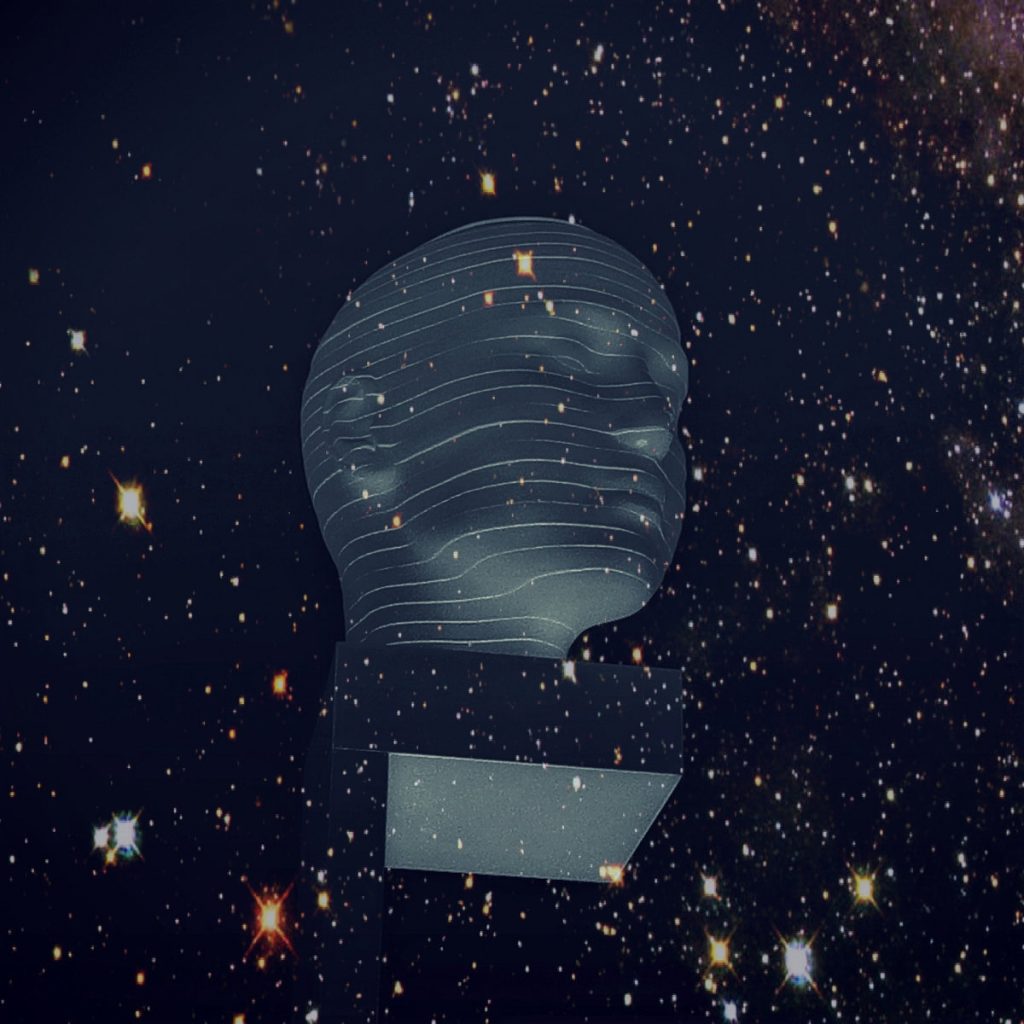An early morning rain, the first real rain in a few months, completely changed the atmosphere along the creek. In a single day, the season went from summer to autumn.
Walking the damp rather than dusty paths, the smells in the parkland were intense, redolent with the sweet grass and moist earth.
At the end of a long meditation, with thought completely still, death drew near without fear. It’s not an idea, or projection of some kind, but an actual fact, which the mind-as-thought cannot touch, and by its very nature pushes away and puts off.
Life has no continuity as we humans know it. Is there an anchoring in death? Is the universe itself anchored in death?
As one philosopher put it, “The central problem is the nature of truth itself, including the question of whether or not the truth is attainable.”

The current fashion is to believe humankind has a “collective intelligence,” which people can access if they combine their personal perspectives and views. The old Latin term for this idea is “consensus gentium,” “the unanimous opinion of mankind—a universal or general consent.”
But is there such a thing? Doesn’t “collective intelligence,” or consensus gentium, presuppose preexisting knowledge, which people share in common but don’t possess or cannot perceive alone?
This view of truth is like the story of blind people touching the elephant in different areas, and then getting together to put all their perceptions together. They thereby piece together the truth–they’ve been feeling different parts of an elephant!
But that’s not the way perception of the truth actually works. It contains certain epistemological assumptions, unexamined premises about the nature of knowledge and its relationship to truth. For one thing, there is a presumption of particularity behind this approach.
The current intellectual fashion is to suppose that human knowledge and wisdom are synonymous, which no person, observing alone, could possibly discern.
The underlying idea is that everyone brings a piece of the puzzle to the dialogue, and by combining the different pieces, people can come to the truth, or at least a reasonable approximation of it.
I strongly question this attitude toward truth. To my mind, thinking together does not involve putting pieces together. In fact, thinking together isn’t a matter of knowledge at all.
The mistake is in equating knowledge and perspectives with insight and wisdom.
The fundamental problem is that we don’t understand the nature and limitations of knowledge.
That’s called epistemology, a rarified realm reserved for ‘professional philosophers.’ I feel most people can question the place of knowledge and its relationship to truth however, and that each of us is able to perceive truth for ourselves.
I’m limiting my exploration of truth here to truth with a small ‘t.’ Truth with a capital ‘T,’ what’s called ‘absolute truth,’ is another matter, closer to an exploration of death, the eternal constant. Beginning with fluid truths however, one may come upon unconditional Truth.
To my mind truth is not a function of knowledge at all. Indeed, knowledge prevents us from perceiving what is and gaining insight into the living truth.
You may ask, isn’t science giving us the truth of things, which senses cannot understand? For example, our senses cannot perceive X-rays, but once science proved they exist, they became an important part of medicine and other fields.

The problem is the conflation of scientific knowledge with direct perception of what is through the senses. Relying on the senses is pejoratively called “naïve realism;” I’m making a case for mature realism.
Knowledge, while essential, is not truth, and no amount of knowledge, however accurate, will give us the truth. That insight is the beginning of the discovery of the truth for oneself.
The senses are the starting point. They need to be kept healthy, because the unpolluted senses don’t lie. They simply show what is, and what is, when we remain with it, is the gateway to truth beyond the realm of knowledge.
Why? Because knowledge is always of the past, and the truth is always in the present.
That’s why a thousand people allegedly accessing ‘collective intelligence’ aren’t worth a single individual having an insight into the truth alone.
Martin LeFevre
Lefevremartin77 at gmail.com

